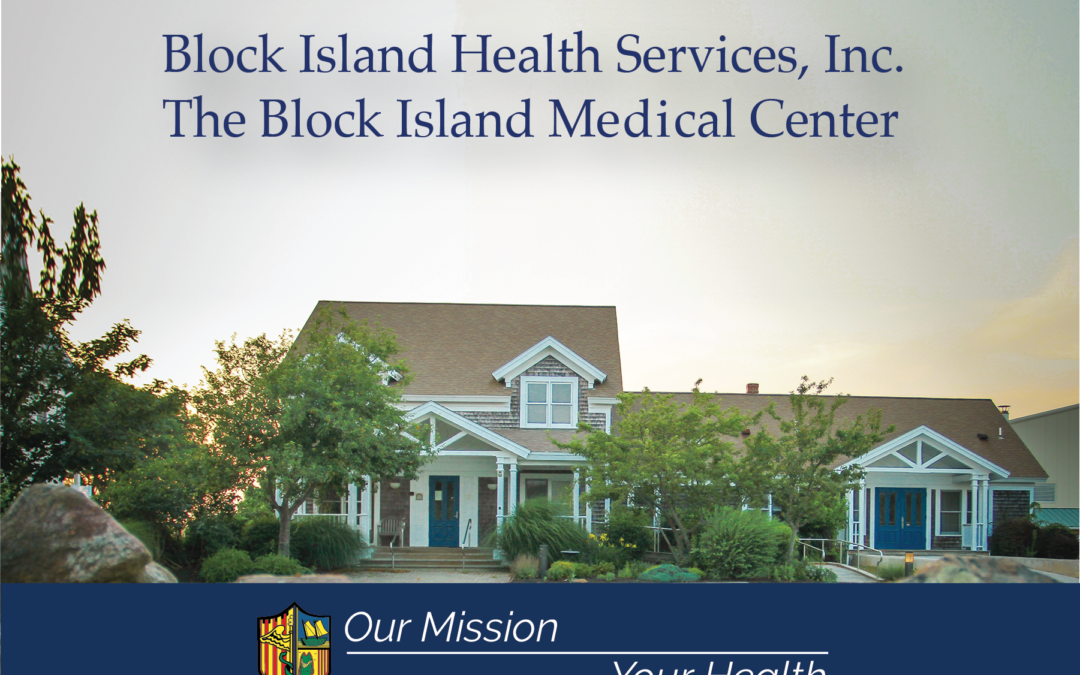Block Island Medical Center Update
August 1, 2020
Rhode Island’s “uptick” was defined in the last week, ending July 29th, as 7 additional people in the hospital with COVID-19 (total 74) and 3 additional on ventilator (total 6).
Block Island has had 5 positive test results. While this number is low, there are likely other positive cases BIHS is unaware of because of where they received testing. If individuals test positive out of state, BIHS and RIDOH are not necessarily informed.
- Our Rate of Spread (R-value) is up to 1.3-1.4. It was at 9 and the goal is less than or equal to 1.1. This means that for every 1 positive patient they will infect 1.3 to 1.4 other people. Much of this is attributed to poor social distancing and inconsistent mask wearing.
- Questions regarding re-testing are frequently asked and a concern for the community. The CDC has recommended that if a patient has tested positive in the last 3 months, do not retest, as the test can remain positive for months without the individual being infectious.
- Can you get the coronavirus twice? This question arises in the medical community and recently was addressed by the RI Primary Care Association. Scientists don’t know yet for sure, but they believe it’s unlikely. Health experts think people who had COVID-19 will have some immunity against a repeat infection; it still unknown how much protection or how long it would last.
- Look for the Flu vaccine to be discussed and available later this month; please consider these facts:
Influenza vaccine may lower risk of heart attacks, strokes, and some other CV conditions for high-risk patients as reported by the American Heart Association (AHA). Their research indicates that the influenza vaccine “significantly lowered the risk of heart attacks, strokes and some other cardiovascular conditions for people at high risk, researchers reported.” The study revealed that “adults over 50 who got flu vaccines during a hospitalization had a 28% lower risk of a heart attack the following year” and “also had a 47% lower risk of a mini stroke or transient ischemic attack (TIA), 85% lower risk of cardiac arrest and 73% lower risk of overall death.”
- RIDOH has fully updated the guidelines for quarantine. It’s worth reading. Many changes, all based on CDC recommendations.

